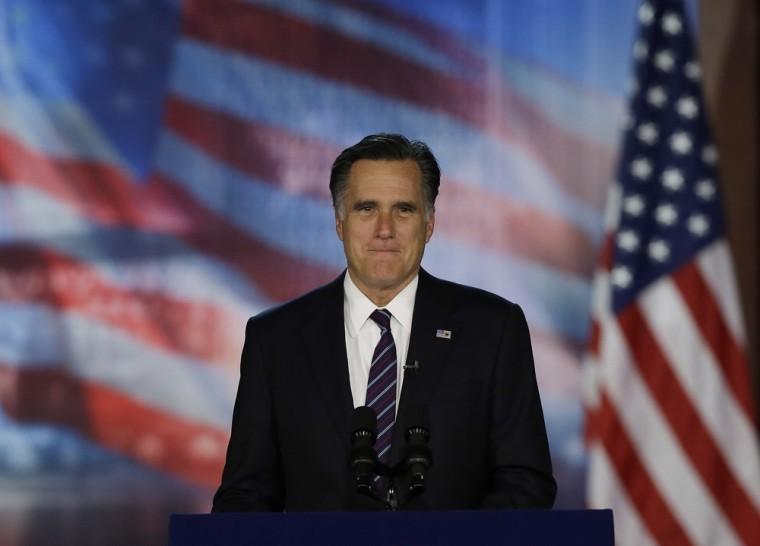The South is a beautiful place of blaring contradiction.
Our contradictions lay strongly in our social existence, within the relationships we have created among all demographics. Maybe the most telling court of Southern contradiction is our politics.
The South has consistently voted in ensemble on every presidential election since Reconstruction, solidifying its contradictions each time: We have always voted conservative — not always Republican. There was a time when the Democratic Party was the party of the South, or what we would consider the Old South.
But will the South ever vote two parties, or will it continue to vote one party?
Whether or not hard-nosed Romney voters stressed that conservatives would vote on economic issues, in the South, the majority has always voted on social issues. This can largely be accredited to the fact the South has religion: Christian, conservative religion. We pray to Jesus on Sundays and love our neighbors — another contradiction that is depicted well within our volatile history.
Where the contradiction finds place in our politics is in the majority of the nation’s poverty being in the South. The populist class, which is within this poverty, continues to vote conservative socially, even in contradiction to the apparent need they have for welfare.
Besides the South’s priority of a God-fearing political leader, the proto-Dorian bond theory, derived by W.J. Cash and based on race demographics, may shed some light on why a majority of the South may be blinded as to what interests it has in an election.
Though I do not tend to give the race card as much credit in our day and age, our Southern history is inclined to support racially played politics. The proto-Dorian bond describes how whites have unified across economic lines purely on their race. Even though the populist white are often financially worse off, they view the elitist white as people they could become, thus they vote according the elitist white man.
But Southern blacks are also more often socially conservative predominantly because of their faith. They are against abortion and gay marriage as well. However, because the Democratic Party made Civil Rights a part of its platform in the ‘60s, Southern blacks will tend to be registered Democrats.
Regardless of how the races align themselves, the South has time and time again voted a one-party presidential ticket.
Whether I believe the South will continue to vote one party, or whether I hope the South will continue to vote one party, holds different clarifications.
The South, or what’s below the Mason-Dixon Line, has already shown signs of swaying. Virginia, North Carolina and Florida — swing states — have already shown their capability to vote in opposition of the rest of the South. This is because of Northern infiltration.
Yankees have begun to migrate south. Through industrialization and progression, commercially the South today hardly resembles the South we like to think of — mom-and-pop hardware stores and lemonade stands. Northern influence, or what others may consider as corporate America, has blurred the Mason-Dixon line and brought along with it progressive liberalism.
However, I do not think the Deep South or the Cotton Belt will split on a vote. Louisiana, Mississippi, Alabama, Georgia and South Carolina will continue to vote conservative. These states love local businesses and what they stand for: tradition and loyalty. Even if the mom-and-pops remain only as living museums, they will remain in these states. It’s the values they represent that are the lasting effect.
Contradictions aside, I hope the South continues to stick together. Maybe the way we vote doesn’t always show where we are economically, but it sure does show we know where we came from. We’re still loyal to ourselves, our traditions and our ways of life that even time cannot destroy.






